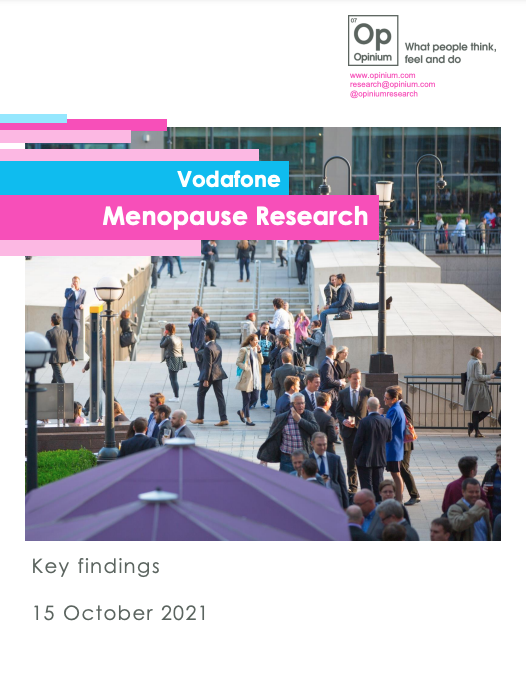Menopause is the natural time in a woman’s life where oestrogen levels fall and regular periods stop. The lead up to the last period is called the perimenopause and is marked by unbalanced hormonal levels. The last period is usually experienced between 45 and 55 years but perimenopause commonly starts in the early 40s.
One in five women will experience severely debilitating symptoms.
Menopause is still at taboo subject at work with most women not feeling they can talk to their colleagues about their symptoms and many trying to hide them, reducing work hours or even resigning from their job.
Awareness, education, lifestyle changes and effective medical treatments will all help relieve the burden of menopausal symptoms at work and in life.




